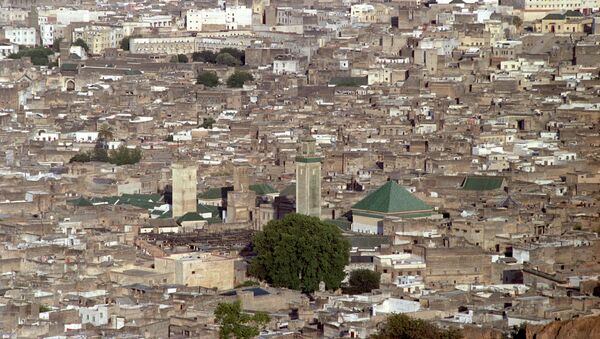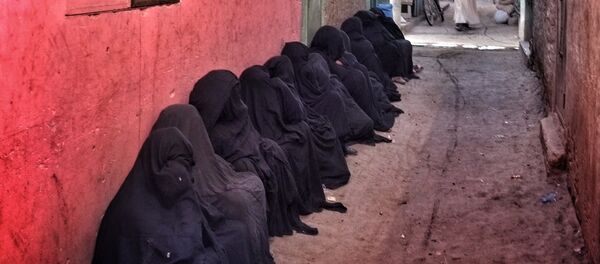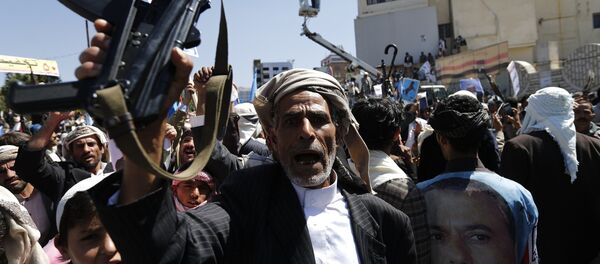"We have been able to go through this period with the least possible damage … When you do the balance of payments analysis, you see there are good opportunities for growth in Morocco," the country's central bank governor Abdellatif Jouahri, was quoted as saying by the Financial Times on Sunday.
Jouahri pointed out that being a diverse economy with no reliance on a single product, the non-agricultural sectors had experienced a growth of about 5 percent. These include the textile, automotive and aeronautics sectors.
Although Morocco experienced a budget deficit of up to 5.4 percent in 2012, Jouahri said that he expected it would fall to 3 percent by 2017.
However, the country's economy is still fragile and highly dependent on remittances from Moroccan workers in Europe, according to the Financial Times.
Morocco gave permits to demonstrators in the wake of the Arab Spring and implemented constitutional reforms to have a moderate Islamist government. This gave the country a certain level of stability by avoiding a violent uprising, unlike other Arab Spring countries as Libya and Egypt.




